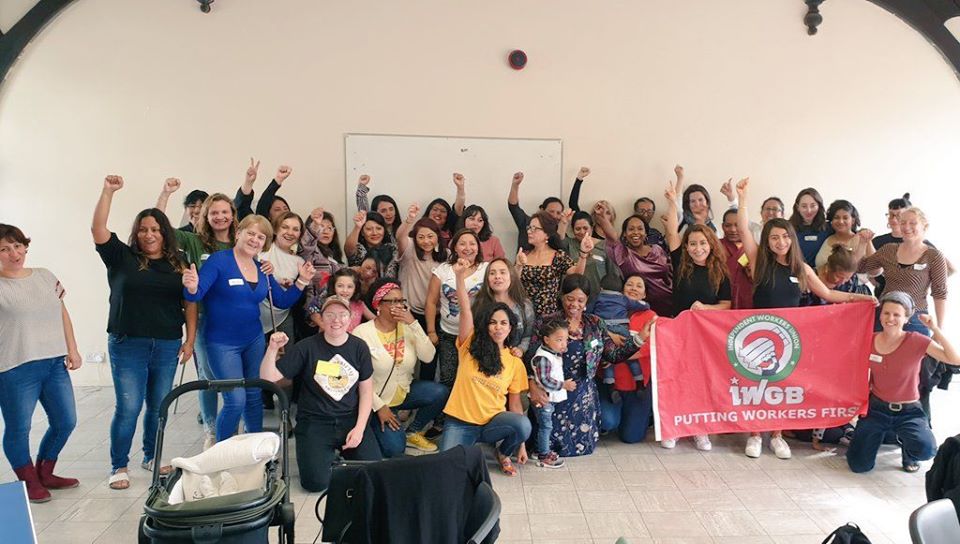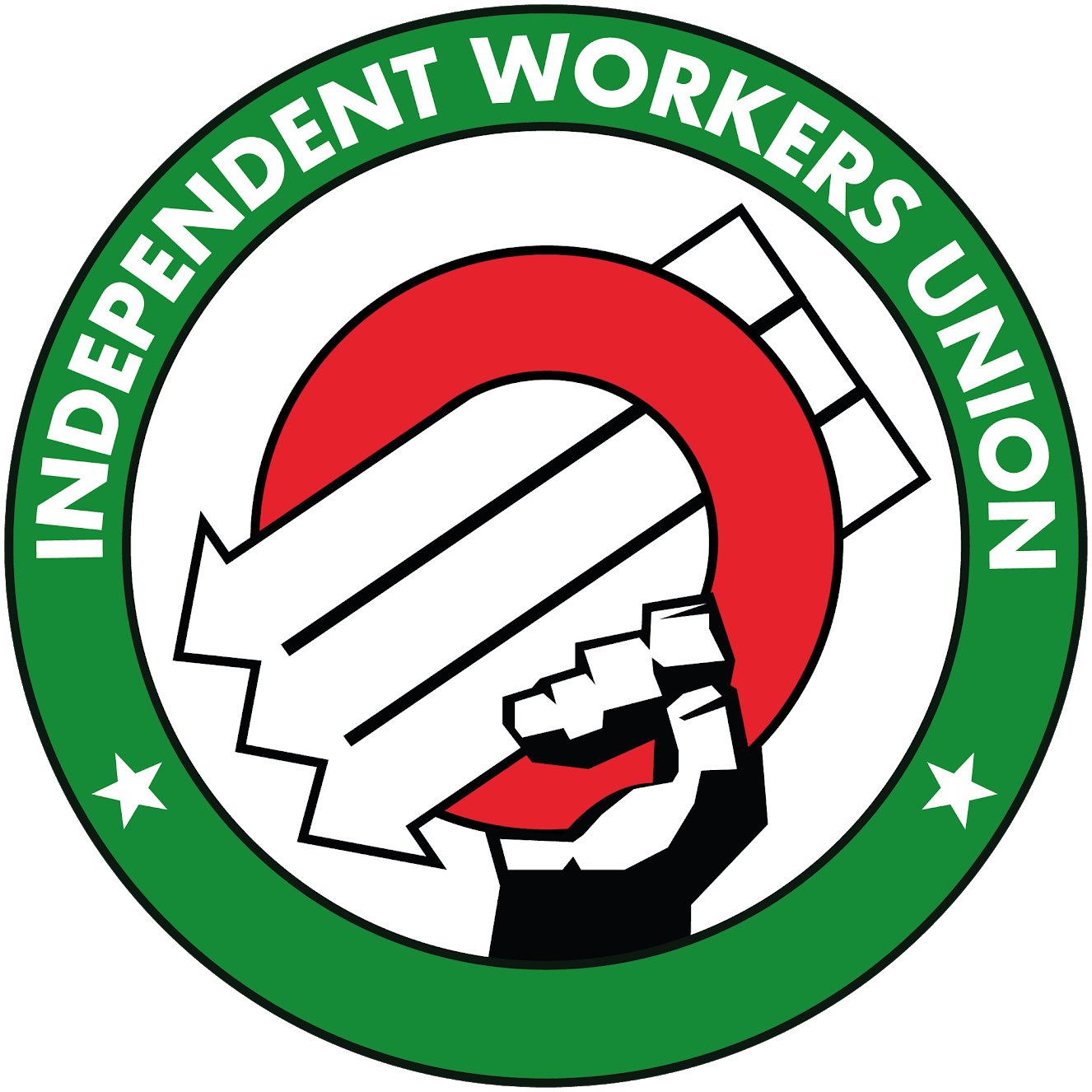Women's Project

When migrant women rise, we all rise
The IWGB Women's Project aims to encourage the active participation and empowerment of women and non-binary union members and to address gendered issues in the workplace.
Everyone should be able to go work with safety and dignity and respect, so we are creating spaces where we can focus on these issues and support each other. We have run socials for women to come together and share experiences, held workshops on immigration rights and raised awareness throughout the union on violence against women and girls.
Please RT to spread the word! #MigrantWomenRise ✊✊🌻🌻⚡️⚡️📢📢 pic.twitter.com/kpgr6lb0iT
— IWGB Women (@IWGBwomen) July 22, 2019
Who we are working with
Latin American Women's Rights Services (LAWRS) is a user-led, feminist and human rights organisation focused on addressing the practical and strategic needs of Latin American migrant women displaced by poverty and violence.
United Voices of the World (UVW) is a grassroots trade union of low-paid, migrant and precarious workers. See their overview of the project here.
We would like to thank Rosa UK for their support for the project. Rosa UK is grant-making charity that funds grassroots women’s organisations to help to make the UK a fairer, safer place for women.
Get in touch
Women and Marginalised Genders Organiser: Laura Wormington
laurawormington@iwgb.co.uk
+44 7565 683705
Women and Marginalised Genders Officer: Fran Scaife
womenandnb@iwgb.co.uk
IWGB Legal Department: 07401 272879 (English) or 07471 328822 (Spanish)
Most branches also have an elected Women and Non-Binary Officer. Email Laura if you would like their contact details.
What is sexual harassment?
'Any unwanted conduct of a sexual nature which has the purpose or effect of violating someone's dignity, or creating an intimidating, hostile, degrading, humiliating or offensive environment for them.' EQUALITY ACT 2010
What can it look like?
- Indecent or sexually suggestive comments, even as a joke;
- Unwanted comments about the way someone looks;
- Requesting sexual favours, making unwanted advances, inappropriate touching;
- Asking questions about someone's sex life;
- Displaying pornography in the workplace, including on WhatsApp chats.
It may not be intentional or directed at you.
Who is affected?
More than 1 in 2 women have experienced some form of sexual harassment at work. Most cases are by men towards women, but it can involve people of any gender.
Often it is committed by someone in a position of power towards another with less power. It is more commonly experienced by those in precarious and male-dominated jobs.
Everyone should feel safe at work. This is a union issue.
What does the law say?
Equality Act 2010: Prohibits discrimination and harassment.
Health and Safety at Work Act 1974: Outlines employers' duties to provide a safe working environment and to protect the health (including mental health) of employees.
What can unions do?
- Providing training and education on sexual harassment to change workplace culture.
- Support members in raising the issue with harassers/employers and taking action.
- Pressure employers to put in place adequate policies/procedures to report/address it.
- Signpost members to relevant support services.
- Run campaigns against sexual harassment in the workplace.

© Independent Workers Union of Great Britain 2025
Designed and built at the IWGB with love, care and coffee. Hasta la victoria siempre.


